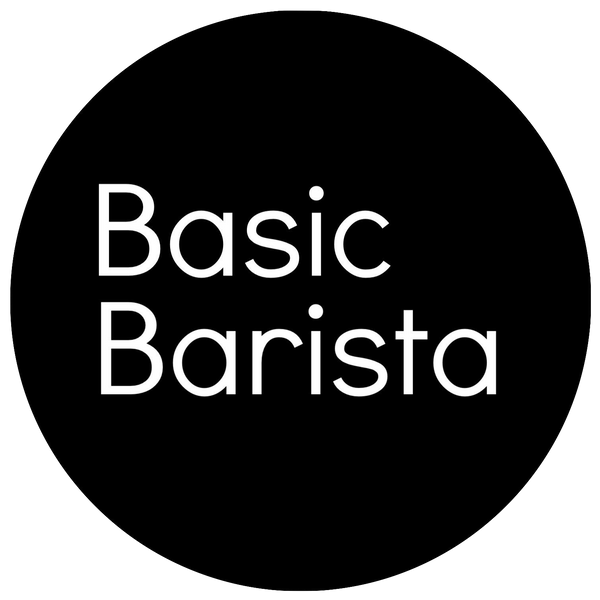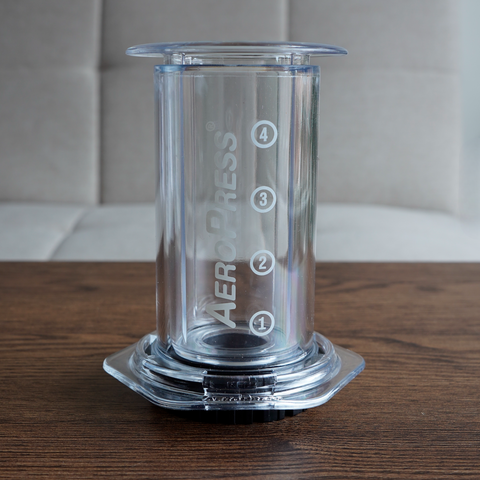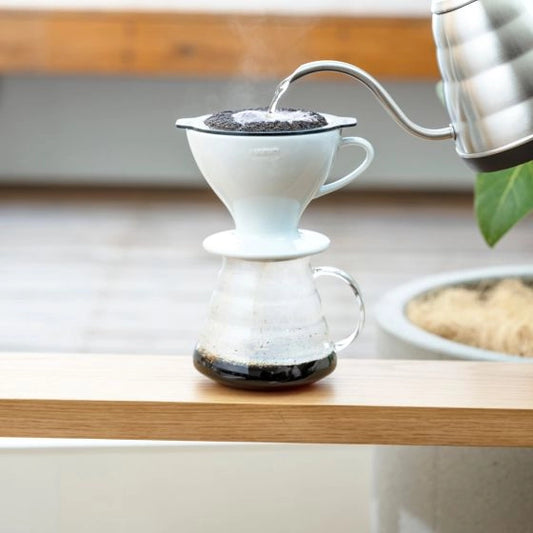
Is Tritan the next gen of plastic coffee brewers?
Share
In the fast paced and ever evolving world of coffee gear, the recent development for the perfect material that combines durability and safety has led to significant innovations.
Tritan is the newest material, a type of plastic known for its remarkable properties making it a serious competitor for other coffee brewers and food equipment.
Unlike traditional plastics used in coffee brewers, Tritan stands out for being durable, BPA-free, and is capable of withstanding daily use without compromising safety or it's aesthetic appeal.
What is Tritan?
Tritan is a copolyester developed by Eastman Chemical Company, marking a new era in material science. This plastic is fundamentally different from others like polycarbonate, which have raised health concerns due to BPA content.
Tritan's composition excludes BPA, bisphenol S (BPS), and all other bisphenol compounds, making it a safer choice for food contact products. Its adoption in the coffee gear industry, including products like the Tricolate, Cafec Flower Dripper, and the new Clear AeroPress, is testament to its superior qualities. These products benefit from Tritan's clear, shatter-resistant, and heat-resistant characteristics, ensuring both safety and performance.

Navigating the Use of Tritan in Coffee Gear
Given the current understanding, Tritan is considered safer than many other plastics, especially those containing BPA.
For those particularly cautious about chemical exposure—such as pregnant individuals, young children, or those trying to conceive—opting for alternative materials like glass, stainless steel, or silicone might be more suitable.
Tritan represents a significant advancement in materials used for coffee gear, offering a blend of durability, safety, and clarity that is hard to match. However, as with any material, it is essential to stay informed about ongoing research and best practices for use to ensure that your coffee experience remains both enjoyable and safe.
Future of Coffee Brewers
I truely believe that as plastics and industries focus more on innovation we will see this drip down into the coffee equipment industry, for now we will be seeing more coffee drippers and brewers built using Tritan. In the future however I am sure we will find new and better materials that we can use.




